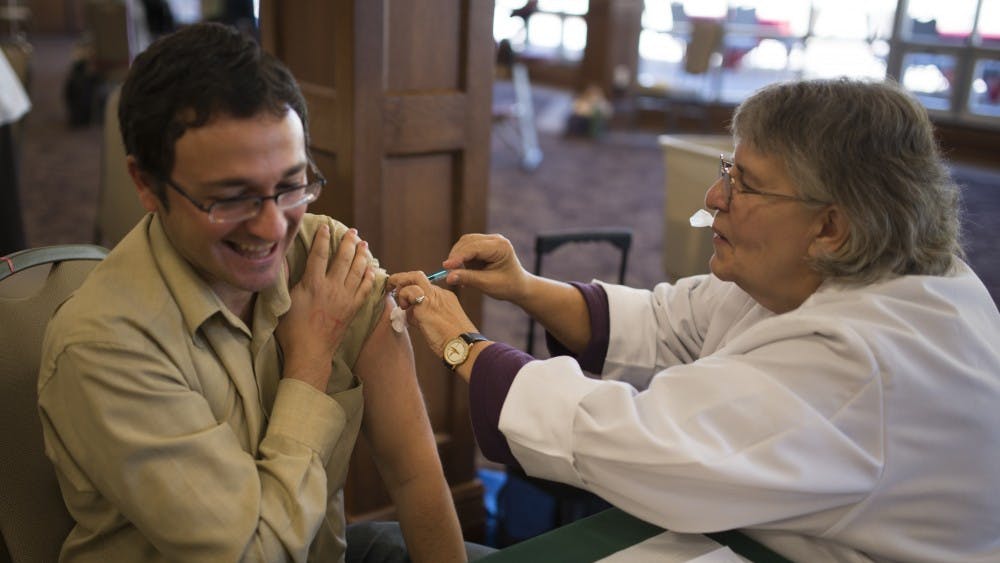FORT WORTH, Texas – It’s cold season, and germ-phobics are preparing for battle.\nThey don’t have to look far to find plenty of weapons.\nNutritionally enhanced drinks, with names such as House Call and Rescue, stand ready to boost weakened immune systems. Green tea, probiotics, herbs and a slew of vitamin-spiked drinks promise to help fight off those nasty viruses lurking on doorknobs and elevator buttons.\nBut most of these products are more about marketing than strengthening the immune system, said Dr. Damon Schranz, a medical director and assistant professor at the University of North Texas Health Science Center.\nSo is there anything consumers can do to protect themselves?\nShort of becoming reclusive, there’s not a lot that can be done to boost immunity and prevent colds.\nHere’s what works, and what doesn’t.\n1. Most colds are transmitted by shaking hands, but a 2006 survey found that only 34 percent of respondents washed their hands after coughing or sneezing. Alcohol-based hand sanitizers are less effective than ordinary soap. Liquid dishwashing soap may be best of all. In one study, dishwashing soap was up to 100 times more effective than the antibacterial variety.\nBottom line: If you do nothing else, do this.\n2. Long used in Europe, probiotic dairy drinks have hit the U.S. market with promising results. As the commercials for Dannon’s probiotic drink suggest, 70 percent of the body’s immunity cells are found in the intestinal immune system. There’s growing evidence to suggest probiotics can reduce respiratory symptoms and boost immunity. But a cup of plain yogurt does the trick just as well as the drink.\n3. Exercise, but in moderation. One study found that marathon runners were six times more likely to get colds than those who skipped the race. However, one study found that women who walked for 45 minutes, five days a week suffered half as many sick days for colds as couch potatoes did. \n4. Fruits and veggies such as carrots, pumpkin, squash, spinach and broccoli are packed with immune-boosting carotenoids. Avoid processed foods, sugary treats and polyunsaturated vegetable oil.\n5. Doctors say there’s no evidence that vitamin C can prevent a cold, and they have decades of research to support that. Extra C may reduce the duration and severity of a cold, but not significantly. Since this is a water-soluble vitamin, anything more than 500 milligrams at one time gets washed out of your system. \n6. Green tea’s claim to fame is its antioxidants, which may help boost the immune system. A 2007 study found the ingredients in green tea can enhance the body’s immune system by 28 percent. The antioxidants in green tea are said to be 100 times more effective than vitamin C.\n7. About 25 million people in the United States don’t get enough sleep from time to time. Sleep deprivation is estimated to cost Americans more than $100 billion annually in lost productivity, medical expenses and sick leave. Even if extra sleep doesn’t boost immunity, it certainly makes people feel better.
Seven strategies can fight off illness
Get stories like this in your inbox
Subscribe





